January 2014 Review
TransConflict is pleased to present a selection of articles published during January, plus updates from the Global Coalition for Conflict Transformation.
| Suggested Reading | Conflict Background | GCCT |
1) Collaborative Conflict Transformation
TransConflict is piloting a new initiative which lays the foundations for collaborative conflict transformation by facilitating the sharing of perspectives on specific conflicts. Read on…
2) Kosovo – perhaps the Quint still doesn’t understand the North?
Gerard M. Gallucci – A way should be found to ensure Mayor-elect, Krstimir Pantic, can take his place without further delay, whilst the Quint should make clear to Pristina that it will not allow efforts to delay or derail implementation. This new opportunity to move forward with peaceful change could yet be lost. Read on…
3) Post-Haass Northern Ireland and the future of Irish republicanism
Seán Byers – Flags, parades and the past cannot be easily disentangled from the high levels of social discontent that currently exist. However, there is no reason why these issues of identity cannot be addressed in parallel with an assault on the vast social and economic problems that show no sign of receding. Read on…
4) Time to begin thinking about world government?
Gerard M. Gallucci – What might a world citizen look like while there is still no world government? The first example might be Edward Snowden. Whether he meant to or not, his disclosures have served the interest of people around the world in the privacy of our communications. In other words, world citizens may think and act outside the confines of the sovereign entities they inhabit. Read on…
5) Engendering the Responsibility to Protect doctrine – time to include rape and sexual violence?
Kirthi Jayakumar – Engendering the Responsibility to Protect doctrine would be an effective strategy in response to the hitherto unhindered trend of sexual violence and rape in war. Read on…
6) Collaborative Conflict Transformation in Kosovo
TransConflict is piloting a new initiative which lays the foundations for collaborative conflict transformation by facilitating the sharing of perspectives on specific conflicts. The latest case study launched explores conflict in Kosovo. Read on…
7) Confronting the Yugoslav controversies – a scholars’ initiative
The Scholars’ Initiative provides important lessons for other territories affected by conflict, particularly those in which myth-making and manipulated narratives have played an crucial role in mobilising populations. The need for multi-perspectivity, integrity, perseverance and courage, provides an inspiring story for historians in other countries and regions where narratives of war and peace are often divisive. Read on…
8) Between recognition and denial – the genocide question and Turkish-Armenian relations
Dr. Ahmed Magdy Al-Soukkary – The Turkish-Armenian reconciliation process is now almost completely stalled, with Turkey continuing to vehemently oppose the Armenian-inspired international campaign to secure recognition of the Armenian genocide. Read on…
9) What is ‘tribalism’ and why does is matter in South Sudan?
Andreas Hirblinger and Sara de Simone – The differing ethnicities of Riek Machar and Salva Kiir can too easily suggest that the current conflict in South Sudan is all about ‘tribes’. Read on…
10) Iran – a crisis averted?
Ashay Abbhi – Should Iran abide by the terms of an agreement restricting its nuclear program, then the resulting benefits in terms of peace and stability could have a profoundly positive impact on the entire Middle East. Read on…
11) Can Israel annex the Jordan valley?
Kirthi Jayakumar – The recent decision by Israel’s Ministerial Committee approving the annexation of the Jordan Valley goes against one of the very core tenets of public international law. Read on…
12) Justice is Liberia’s hope for the future
Lovetta Tugbeh – Whereas other countries have considered justice to be an essential component of peace and reconciliation, Liberia has totally disregarded the punishment of those who perpetrated atrocities during its 14-year civil war. Read on…
13) Confronting the Yugoslav controversies – reflections on ‘Kosovo Under Autonomy’
Daniel Serwer – The sad history of Kosovo under autonomy should be fair enough warning to those who would reignite ethnic hostilities that have fortunately declined markedly from their peak. May they continue to do so, for the sake of both Albanians and Serbs. Read on…
14) The Rohingya in Myanmar – a genuine effort toward peace?
Margherita Belgioioso – Both internal and regional stability, peace, and development will likely be affected by Myanmar’s commitment towards the integration of Rohingyas and other Muslim minorities in the peace process. Read on…
15) Basque Country – concrete steps in the peace process
Lokarri – Concrete steps in the peace process – such as the cessation of violence by ETA, the legalisation of Sortu and repeal of the Parot Doctrine – can provide the basis for consolidating co-existence, based upon respect for human rights, pluralism and memory. Read on…
Global Coalition for Conflict Transformation
1) Nagorno-Karabakh – time to end the ceasefire violations
Edgar Khachatryan – TransConflict is pleased to present an open letter by Edgar Khachatryan, director of Peace Dialogue from Armenia, a member of the Global Coalition for Conflict Transformation, addressed to all those individuals and organizations involved in the negotiation process related to the Nagorno-Karabakh conflict. Read on…
2) PATRIR launches Global Operational Peace Support (Global OPS)
TransConflict is pleased to present Global Operational Peace Support (Global OPS), launched by the Peace Action Training and Research Institute of Romania (PATRIR), a member of the Global Coalition for Conflict Transformation. Read on…
3) Transforming conflict across borders – the case of Kenya and Uganda
TransConflict is pleased to present a concept for transforming conflict between the Pian, Pokot and Sabiny communities, which primarily results from cattle raiding and often violent competition for scarce pasture and water resources. Read on…
4) New members of the Global Coalition for Conflict Transformation
TransConflict welcomed two new members to the Global Coalition for Conflict Transformation, from Uganda and Nepal, respectively. The Women And Children’s Empowerment Network in Africa was established with the purpose of addressing and alleviating the acute and long-term consequences of violence against the women and children of Uganda. Friends for Peace (FFP) is a membership-based non-profit organisation composed of a team of professionals committed to the study and practice of conflict transformation and sustainable peacebuilding in Nepal.


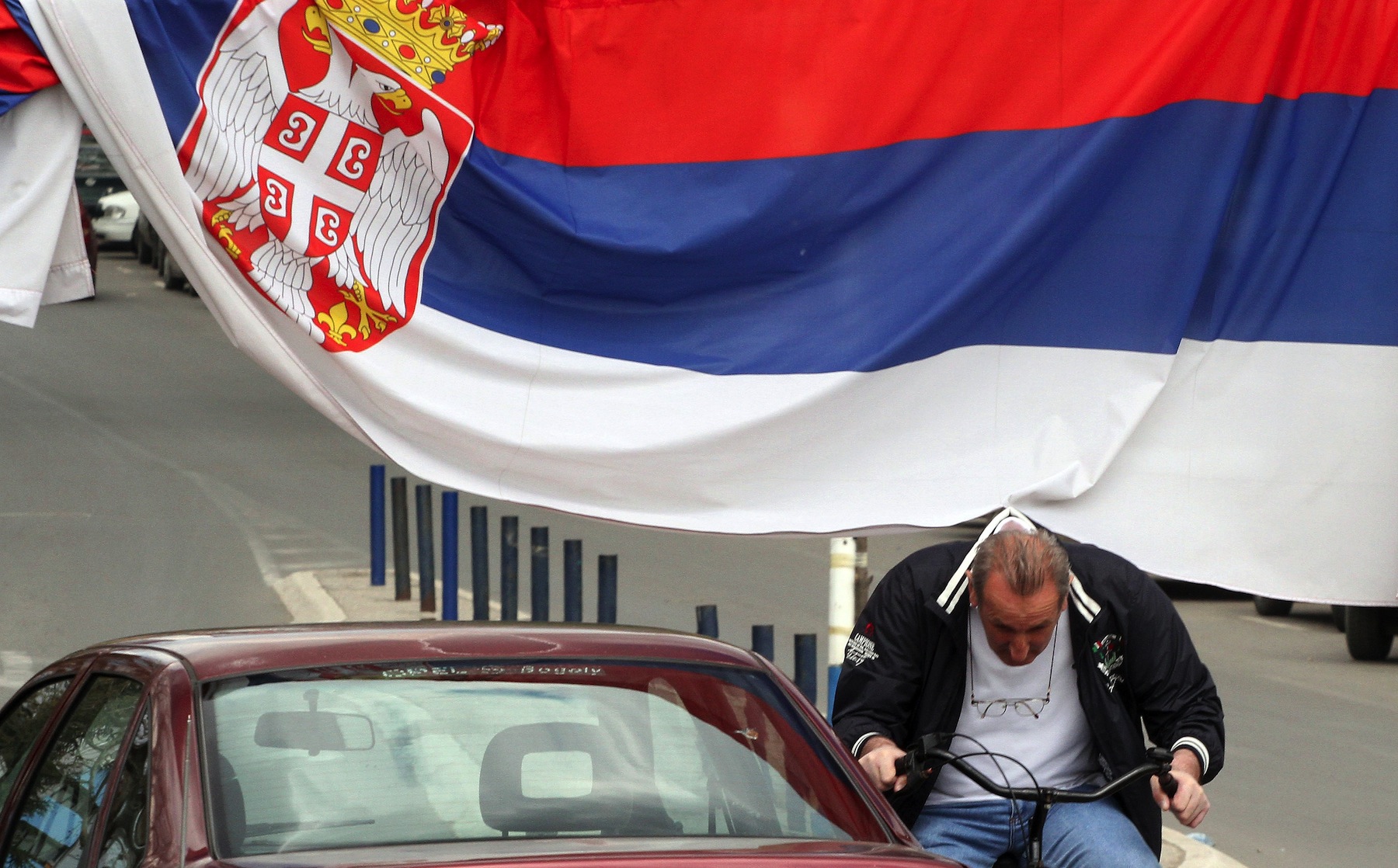
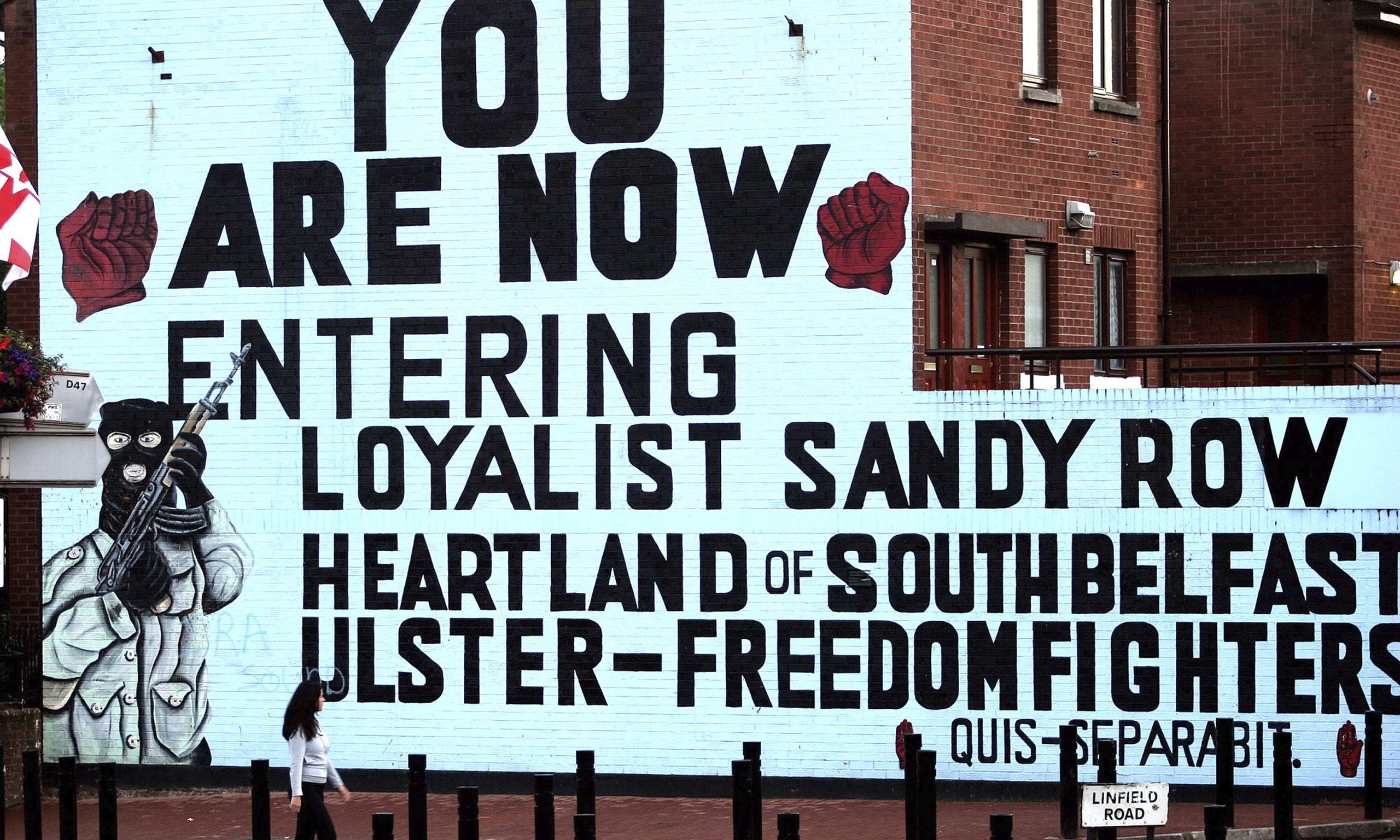
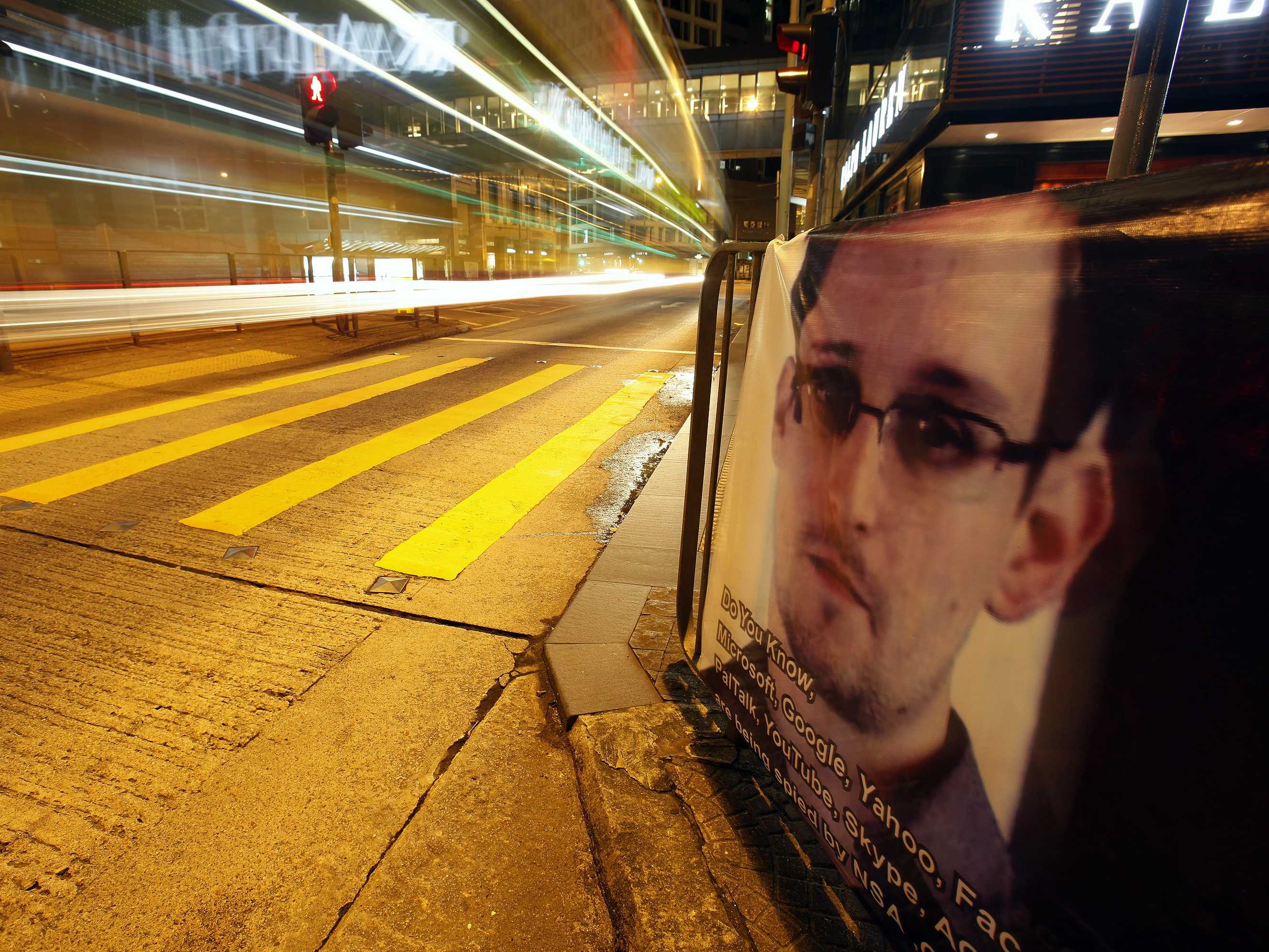
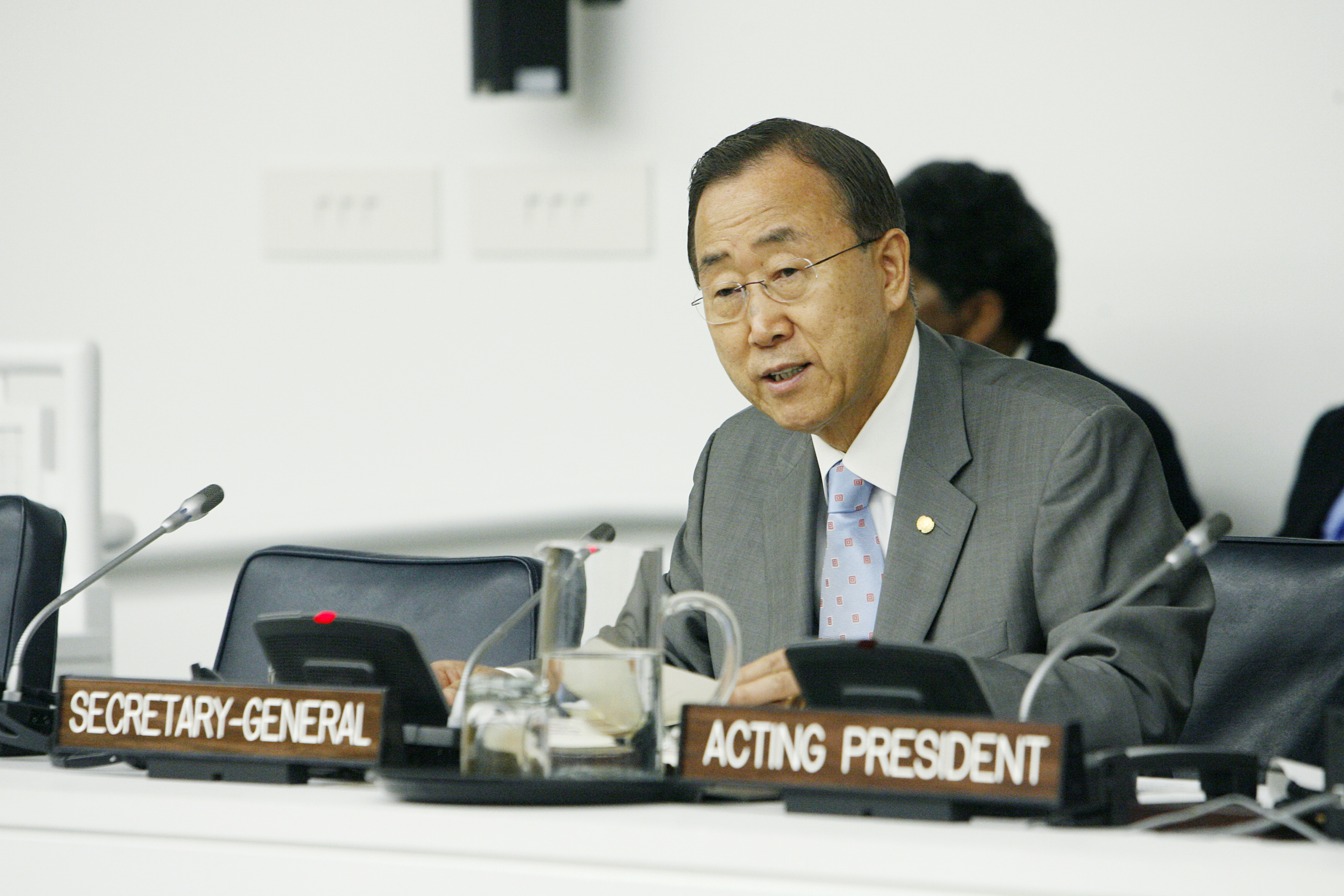

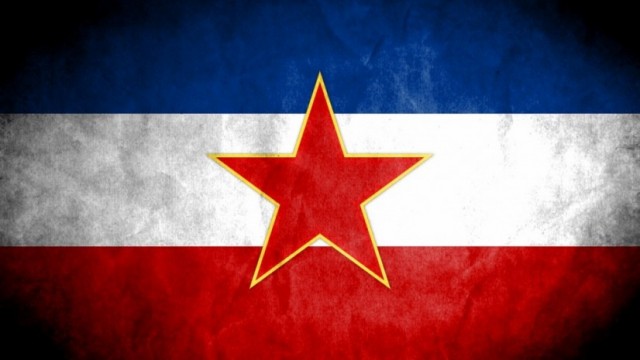
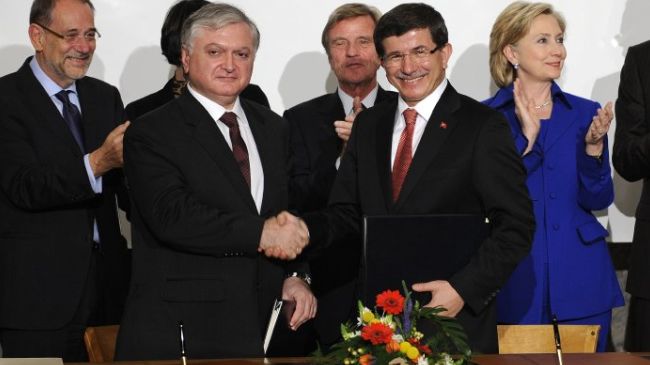
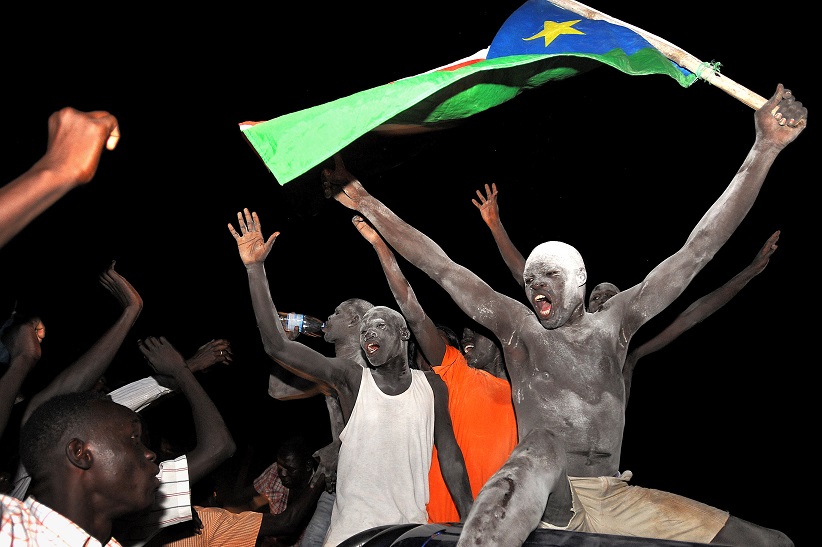
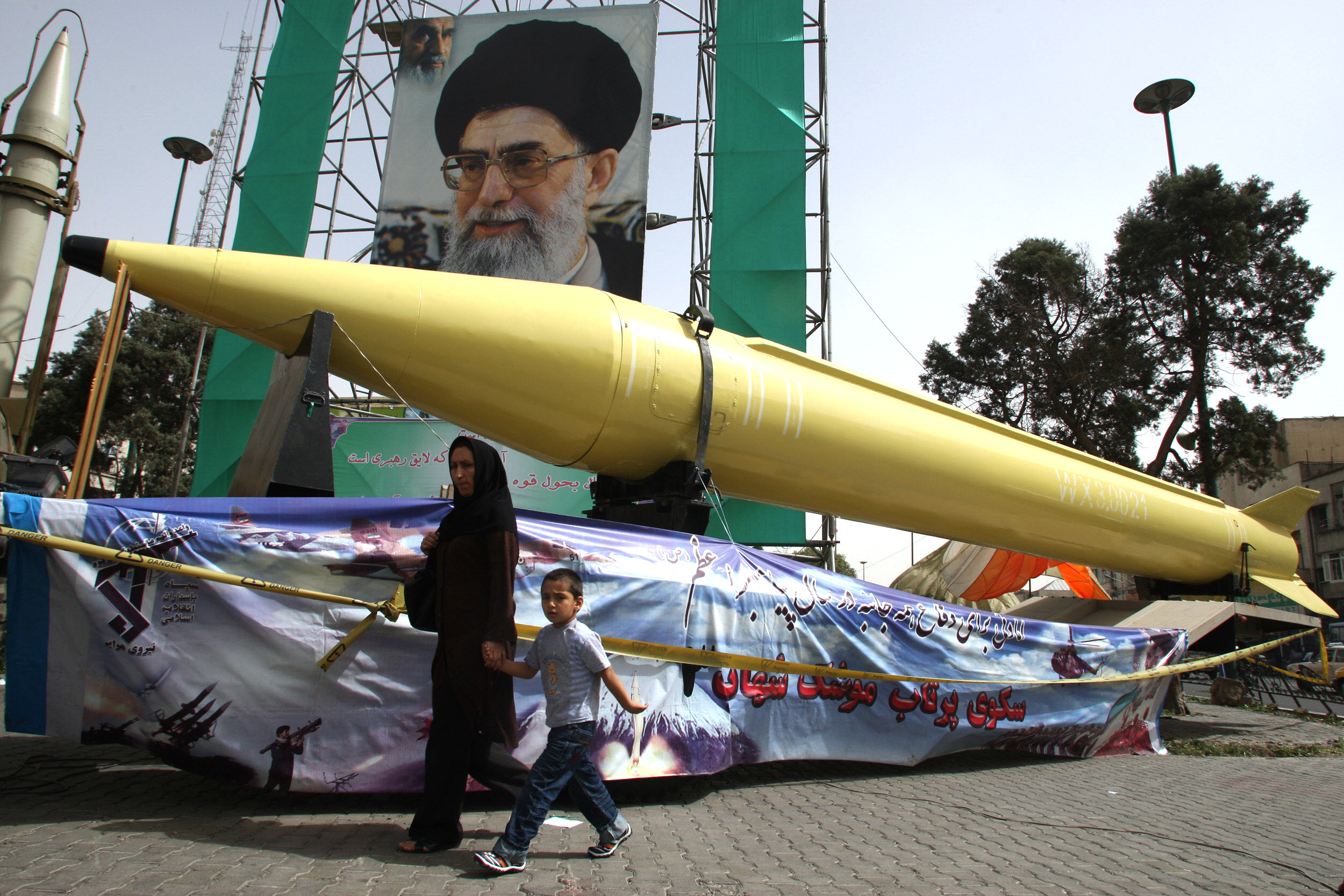
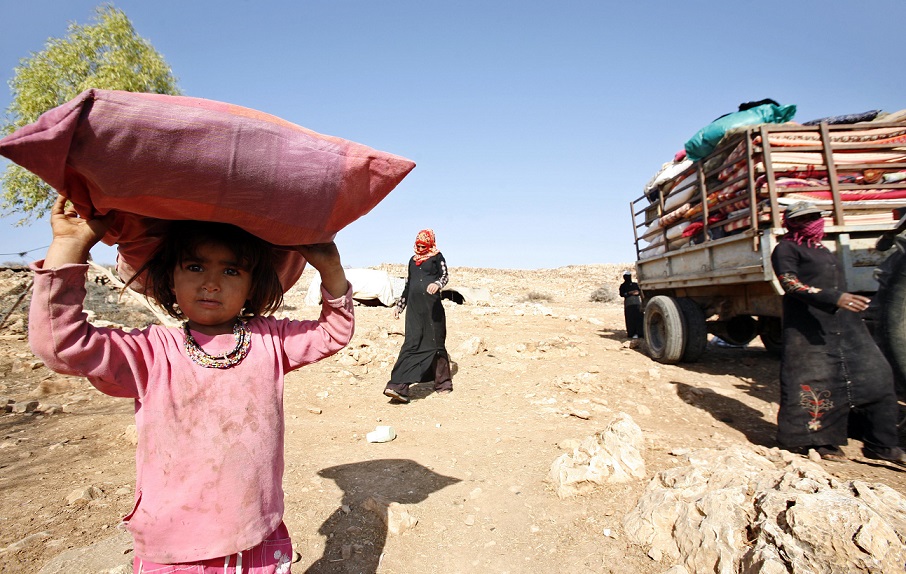
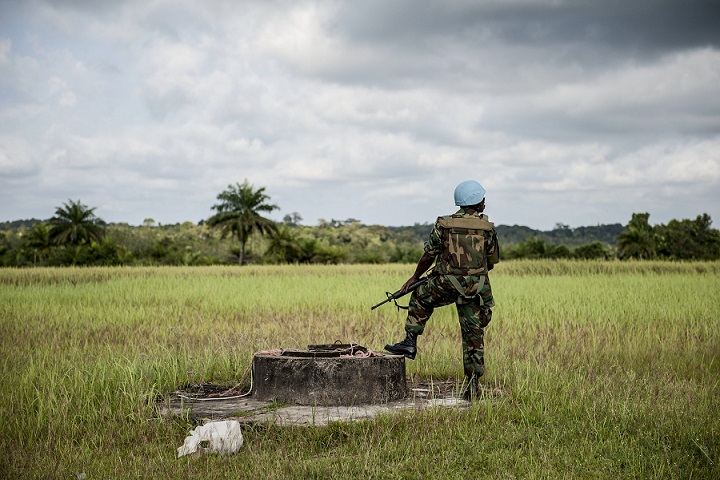
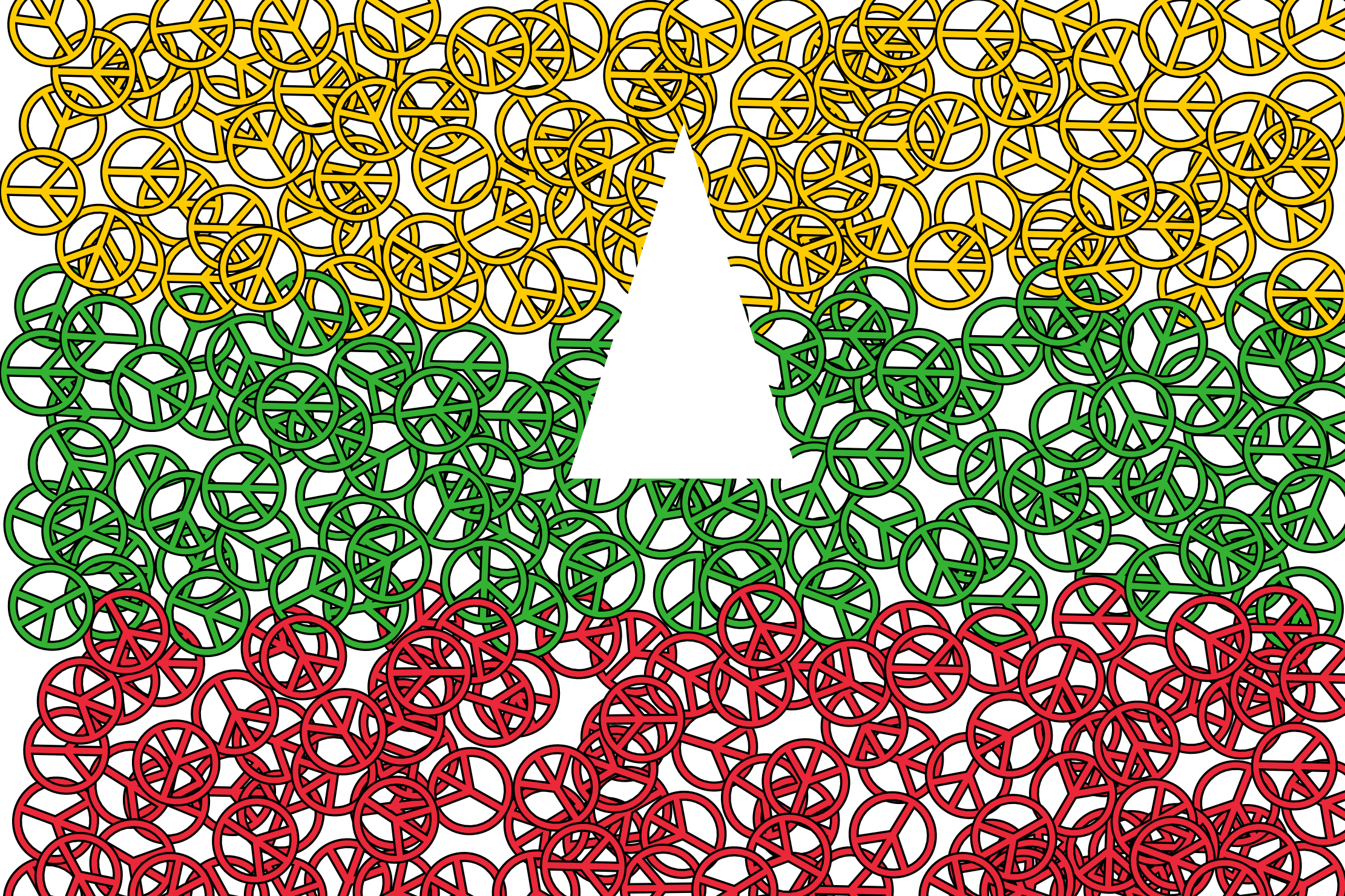

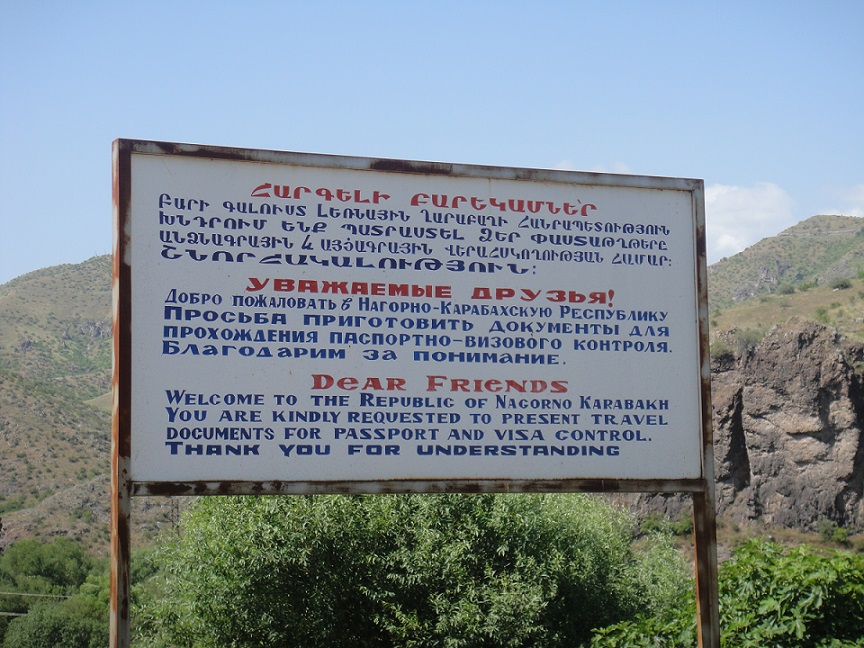
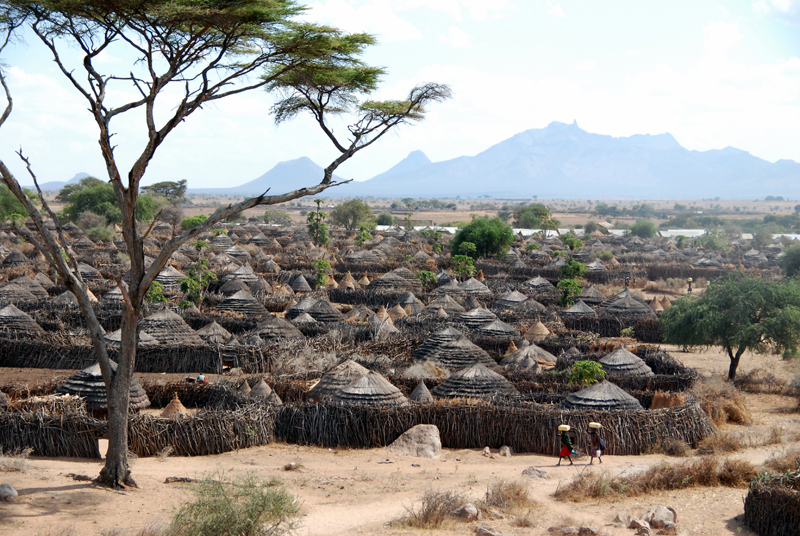


















Check out @TransConflict’s review of analysis published in January! – #peace #peacebuilding – http://t.co/SsqNALRya3
Pingback : Conflict Transformation - January 2014 Review |...
See what articles by @TransConflict you missed during January – #peace #peacebuilding – http://t.co/I6MGFhrRxo
See what articles by @TransConflict you missed during January – #peace #peacebuilding – http://t.co/MnsCVXO4AG
http://t.co/UZPd45aTSg
RT @TransConflict: See what articles by @TransConflict you missed during January – #peace #peacebuilding – http://t.co/MnsCVXO4AG
#TransConflict is pleased to present a selection of articles published during January – #peace #peacebuilding – http://t.co/MnsCVXO4AG
RT @TransConflict: #TransConflict is pleased to present a selection of articles published during January – #peace #peacebuilding – http://t…